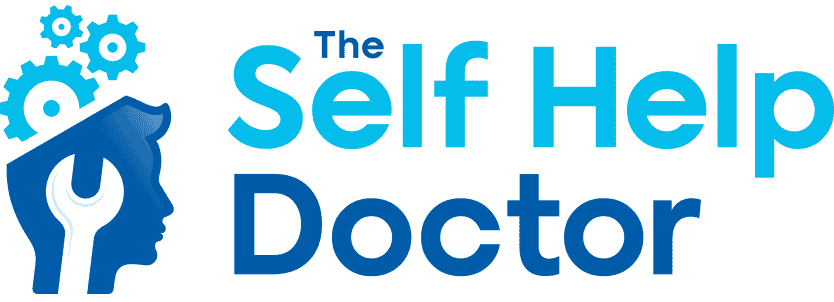Affordable Mental Health Solutions: Therapy vs. Self-Help Courses

Affordable Mental Health Solutions: Therapy vs. Self-Help Courses
Navigating the world of mental health solutions can sometimes feel overwhelming, especially when considering the balance between affordability and effectiveness. With therapy costs often being a barrier, many are turning to self-help courses as viable therapy alternatives. These courses, such as the “Healthy Mindset Toolkit,” offer a structured approach to mental wellness by teaching Cognitive Behavioral Therapy (CBT) techniques online. For those seeking affordable mental health options, this path provides an opportunity to manage emotional and psychological issues with flexibility and autonomy. Let’s explore how self-help courses can empower you to take control of your mental health journey. 🌟
For more information on therapy options for every budget, check out this resource.## Exploring Affordable Mental Health

Navigating mental health solutions requires understanding the options available. While traditional therapy is beneficial, self-help courses offer an affordable alternative, especially for those interested in Cognitive Behavioral Therapy (CBT). Let’s compare these two paths and explore the benefits of CBT online.
Therapy vs. Self-Help Courses
Therapy involves regular sessions with a licensed professional. This personal interaction can be deeply beneficial. However, costs can be prohibitive for many.
In contrast, self-help courses provide a structured learning environment at a lower cost. They allow individuals to explore mental health strategies independently, often at a more affordable rate. Check out this guide on affordable therapy for budget-friendly options.
|
Aspect |
Therapy |
Self-Help Courses |
|---|---|---|
|
Cost |
Higher |
Lower |
|
Flexibility |
Scheduled |
Self-paced |
|
Personalization |
High |
Moderate |
Understanding CBT Online Benefits
Cognitive Behavioral Therapy (CBT) is a popular and effective treatment for various mental health conditions. Engaging in CBT online can be particularly advantageous.
Online CBT offers the same foundational techniques as traditional CBT. These techniques focus on identifying and changing negative thought patterns. For more information on the best online therapy options, visit Forbes.
-
Convenience: Learn at your own pace, fitting sessions into your schedule.
-
Accessibility: Resources are available from anywhere, making it ideal for those with mobility constraints.
-
Affordability: Online courses typically cost less than in-person therapy sessions.
For more insights, see Verywell Mind’s guide.
The Benefits of Self-Help Courses

Self-help courses are an empowering option for improving mental wellness. They offer a flexible and supportive learning environment.
Flexibility of Self-Help Options
Self-help courses allow you to engage with content at your own pace. This flexibility is crucial for those who may have unpredictable schedules.
-
Time Management: Choose when to study and practice, making it easier to balance with other responsibilities.
-
Personalized Learning: Focus on areas you need most, revisiting complex topics as necessary.
Explore strategies for finding mental health support through Reachlink.
Empowerment Through Structured Learning
Courses like the “Healthy Mindset Toolkit” guide users through CBT principles. This structured approach empowers individuals to take control of their mental health.
-
Goal Setting: Helps set realistic objectives, fostering a sense of achievement.
-
Skill Development: Participants learn valuable coping techniques and stress management skills.
Introducing the “Healthy Mindset Toolkit”

The “Healthy Mindset Toolkit” provides a comprehensive guide to CBT techniques, packaged in an accessible online course.
Course Structure and Content
The “Healthy Mindset Toolkit” is a 12-week program designed to teach essential CBT skills. Each week focuses on different aspects of mental health management.
-
Week 1-4: Introduction to CBT principles and thought pattern recognition.
-
Week 5-8: Strategies for managing anxiety and stress.
-
Week 9-12: Building resilience and fostering positive habits.
This structure ensures a gradual and thorough learning process.
Free Mini-Course: “Unhealthy Habits” 🌟
For those hesitant to commit, the “Unhealthy Habits” mini-course offers a glimpse into the full program.
-
Introduction to CBT: Learn basic techniques for changing negative habits.
-
Accessible Format: Easy-to-follow modules that fit into any schedule.
-
No Cost: Begin your journey without financial commitment.
These courses provide valuable tools for anyone looking to improve their mental health affordably. Start with small steps and build your path to wellness. 🌟




